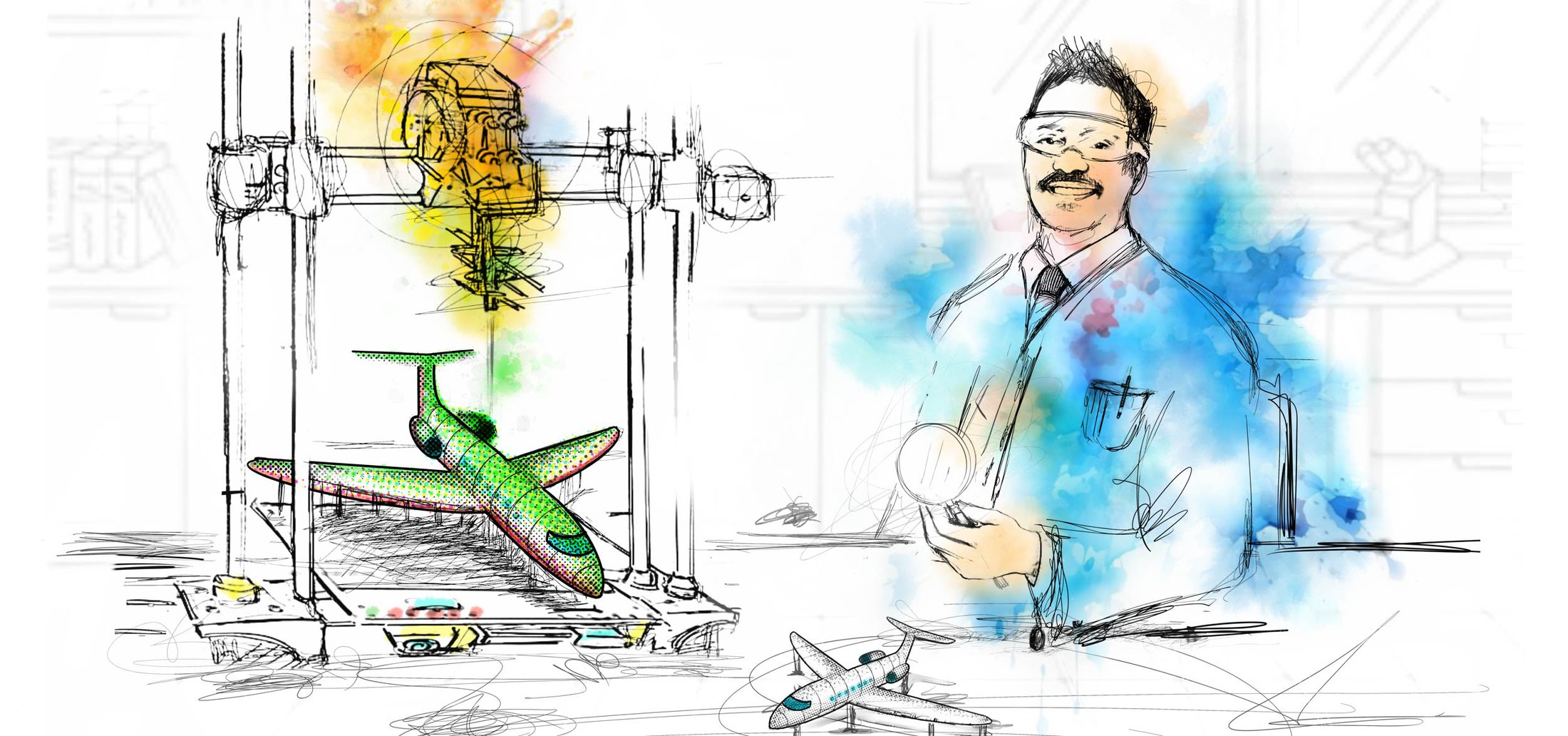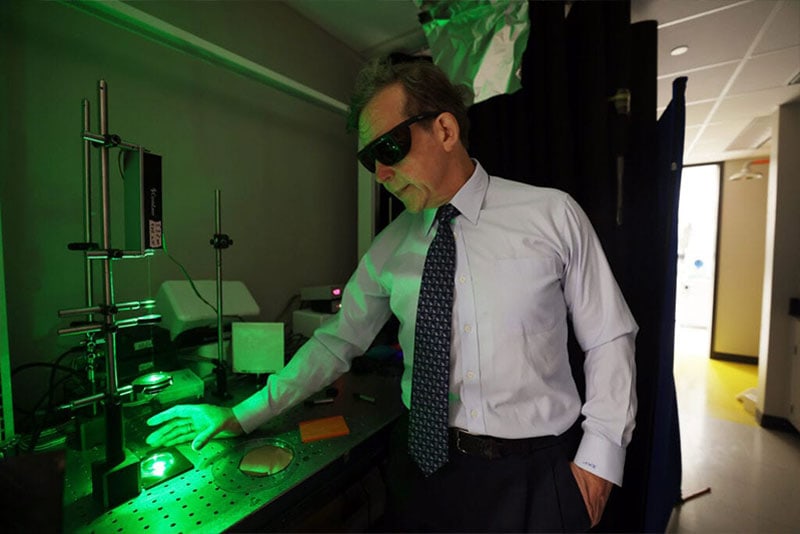
Delivering nanotech’s promise
U-M led Science and Technology Center will bring nature’s efficiency and flexibility to advanced materials and additive manufacturing.
Mirroring the way nature puts together a variety of materials to build cells, which then go on to make tissues, organs and organisms, the Michigan Engineering led Center for Complex Particle Systems (COMPASS) is developing a systems-level approach to energy-efficient manufacturing.
With an investment of $30 million over five years from the National Science Foundation, the new center represents the largest ever U.S. investment in particle self-assembly.
One of the center’s major technological goals is to design materials that are more than the sum of their parts and can be rapidly translated to manufacturing using 3D printing. To do this with synthetic particles, the team will approach particle assemblies as systems that ladder up from the nanoscale through the microscale to the macroscale.
“In living creatures, very few structures have just one job. If we want to do more with less—less energy, less material and less waste—we need to learn how to do the same,” said Nicholas Kotov, the Irving Langmuir Distinguished University Professor of Chemical Sciences and Engineering, who leads the center.


Parallel to the importance of diversity in the particle systems the center will study, it has a strong focus on social equity and global impact. COMPASS will seek out often-overlooked domestic talent, connecting with Michigan high schools that serve economically disadvantaged populations as well as historically excluded communities. The center will also invest in African talent to help develop the next wave of industry in Africa, in contrast to the history of extracting raw materials from the continent for refining into finished products elsewhere.
“NSF’s Science and Technology Centers enable our most creative scientists and engineers to open new vistas of scientific inquiry and make the discoveries that will keep the U.S. in the forefront of scientific discovery,” said NSF Director Sethuraman Panchanathan. “I am delighted to see the impressive originality in ideas and approaches in these new STCs and know they will have a tremendous impact.”